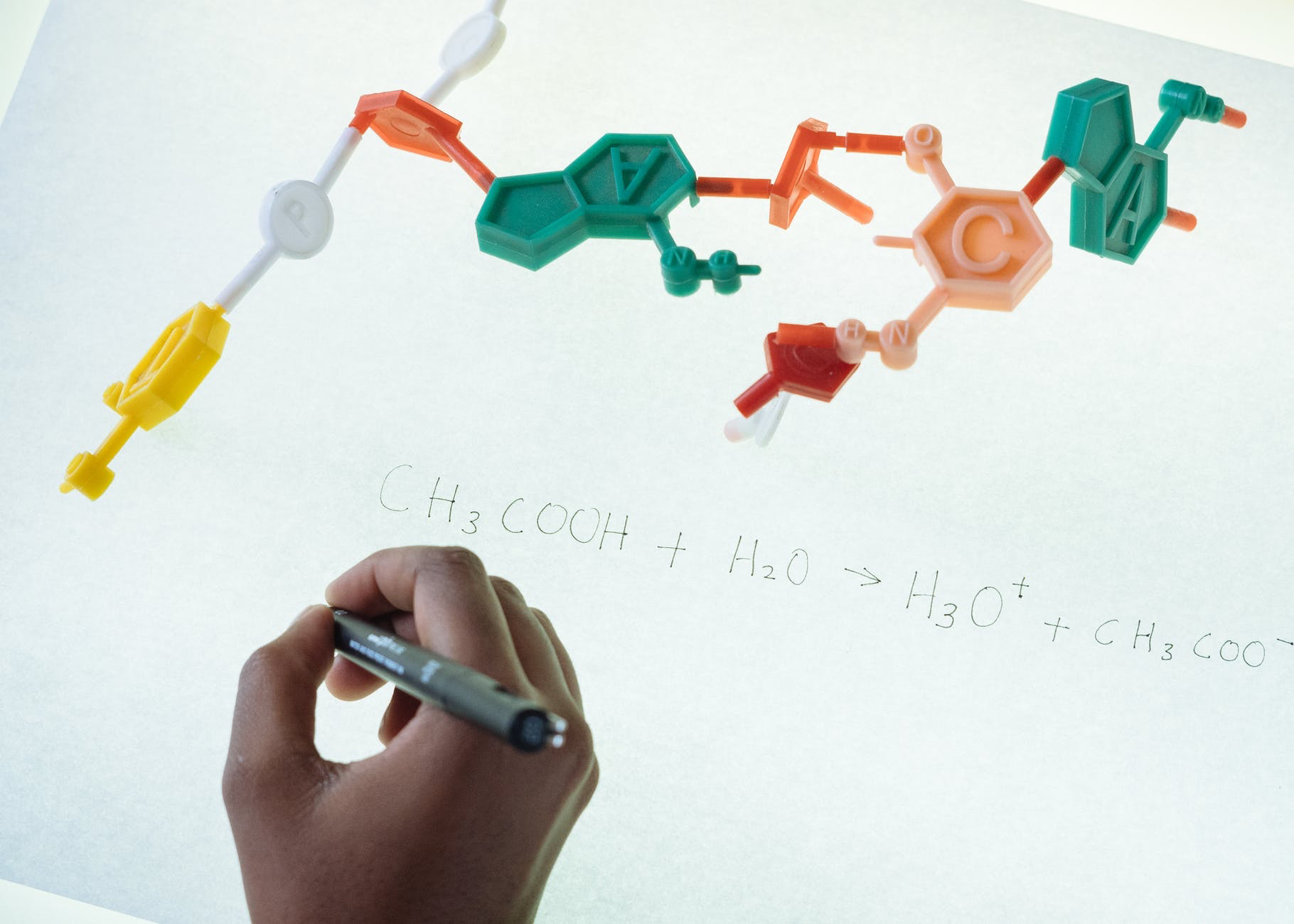Dr. Amanda Holton from the University of California Irvine prepared a superb presentation for the asynchronous 2020 Lily Conference sessions. The audio quality and video transitions made it very easy to follow; the slides are informative. Holton clearly explained the type of courses they teach: large chemistry courses with 300 students! UC Irvine (or the UC System) supported the creation of online chemistry courses as part of a large initiative. These courses Holton presented about for the studies described were before the pandemic. The student demographics at UC Irvine in these chemistry courses include 25% Hispanic and a high percentage of first-generation learners. Holton also described some of the expectations students have and lack of study skills that put some students at a disadvantage. Holton described a challenge experienced: while online courses provide options, time, relieve space constraints, and help commuters, the number of lower grades and fails was higher in this modality of the chemistry courses. Holton teamed up with the School of Education to conduct a large behavioral study that included interventions and ‘click stream’ information from the learning management system (LMS) and evaluating student motivations, study habits, and self-motivation. Students mentioned “learning styles” as their preference for choosing online classes. Survey analysis suggested that online courses widened the gender gap! Females, part-time students, and older students in the online class performed significantly worse than their face-to-face peers. Males, full time students, and younger students achieved the same grades online vs. face-to-face. Holton then used surveys on time management, effort regulation, and self efficacy measures based on Expectancy Value Theory (Wiggs and Eccles) as well as logs of page views collected through the Canvas LMS to gather data on student effort and grades. They found no correlation between time management question and course grades: Holton mentioned that time management tips offered by instructors may not be having an impact. Effort regulation and self-efficacy measures did correlate. Then, Holton and colleagues in the School of Education created interventions to target self-regulation and effort. Holton discussed the time spent by trainees to be “experts”… including the 10,000 hours of intentional training/practice notion. The first intervention was showing students graphs created by Dr. Qiujie Li that compared their hours of work on an adaptive learning software practice assignment and the grade distribution with hours for past course participants. The study did have a control group that just received general feedback instead of the targeted informational feedback comparing their hours/grade to those of past course participants. There was a statistically significant result, and Holton mentioned that the effect was small despite the short time for students to adjust behavior (2.5 weeks). This is intriguing since these are shorter courses like our 8-week modules. I would love to be able to share this feedback with students without emphasizing grade distribution, but instead highlighting the effect of productive practice. Holton mentioned this and another intervention were further described in upcoming publications. I want to read these to learn more and how we could use similar surveys and informational feedback to help students succeed in online courses!



